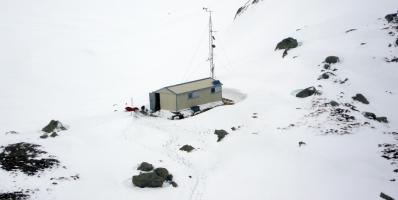Sergi Pla Rabés
Sergi Pla-Rabés (PhD in Biology, University of Barcelona) is a researcher at GECA Environmental Change Ecology Group (CREAF, Spain), adjunct professor at the UAB (University Autonoma of Barcelona, Spain) and Senior Research Associated at Science in the University of Johannesburg (South Africa). He is also a current member of IASC (International Arctic Science Committee for the Terrestrial Working Group). He was postdoc fellowships at: ECRC (UCL, UK, Marie Curie fellowship); PEARL (Queens University, Canada), Geography department (Loughborough University, UK) and the CEAB (I3P-CSIC, Spain).
He has worked on more than 45 national and international projects studying the effects of Global Change in ecosystems, mainly related to climate variability, atmospheric pollution and human impacts. He has worked mainly in the mountains (Alps, Pyrenees, Central System, Norway, Scotland, Ireland, UK), Polar regions (Arctic & Antarctic), and oceanic islands (Easter Island & Azores archipelago). However, he also works to understand current environmental problems in Ontario, Nova Scotia & Manitoba.
Currently, his research is on the response of aquatic ecosystems (biodiversity and biogeochemistry) to Earth systemic changes. His area of interest is understanding the effects of Global Change on ecosystems using lakes and wetlands as sentinels of change. He uses the time series derived from lake sediment records to study the response of ecosystems to the different components of global change and their interactions at different time scales (e.g., climate-land use changes; climate-atmospheric pollution). His main goal is to increase our understanding of the main factors that change ecosystems to develop conservation, restoration, and mitigation policies.
AWARDS & MENTIONS
- International reward to assist to DIALOG symposia (Dissertations Initiative for the Advancement of Limnology and Oceanography) per la ASLO 2001-Bermuda
- National award to the best PhD in Limnology per la AEL 1997-1999. 2001, Valencia, Spain.
MAIN RESEARCH INTERESTS
Increase the current scale of observation to understand long-term ecosystem changes to include the legacies of the past in the equation.






